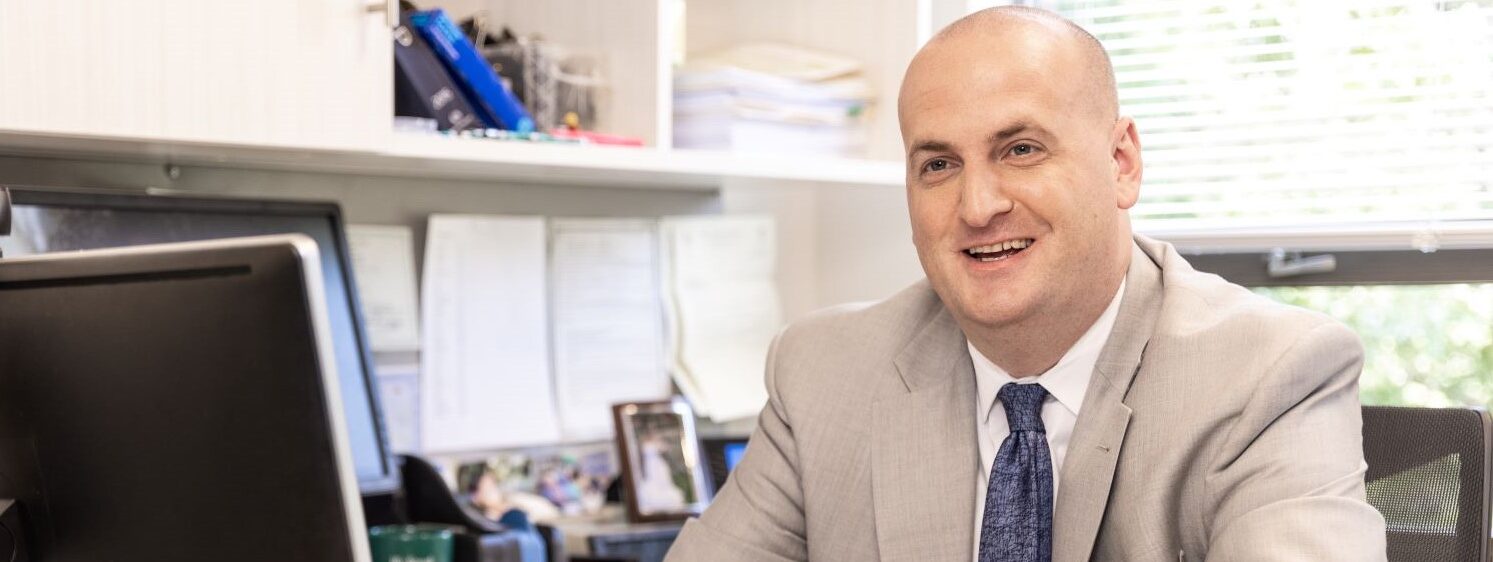Part 1: Expanding Your Horizons
Renner Careers Blog; October 17, 2022
Before setting out on a journey, or even charting a course, you have to consider the destination. What’s the payoff there? Is there a pot of gold waiting at the finish line? Is it worth it?
It’s a long and grueling road to prepare for and pass the CPA exam. So it’s only natural to ask yourself why.
Why is it important to pass the exam? Why go through this arduous process? Why become a CPA?
Money
“CPAs earn more than their non-CPA counterparts,” said Adriel Henriquez Baires, an audit manager at Renner and Company, who passed the exam in November 2021.
According to the National Association of State Boards of Accountancy (NASBA), accountants with a CPA license earn 10-15% more.
Opportunity
“Getting the CPA is important because it opens more windows of opportunity,” Adriel said. “Additionally, there is a shortage coming of CPAs as the older CPAs start retiring. There will be an increased demand of CPAs in the long-term, which means more opportunity for growth and a chance to be in top leadership positions.”
The Department of Labor and Statistics predicts employment of accountants and auditors will grow faster than average for all occupations through the year 2024.
Professional Respect
NASBA put together a list of its top five reasons to become a CPA in 2017. The No. 1 reason on that list was prestige and respect.
“Respected and admired by their peers, clients and the general population, CPAs are often viewed as an elite group of professionals,” according to the NASBA article. “After years of academic and technical training — and passing the rigorous CPA Exam — a CPA’s ethics and character are further tested with several years of extensive on-the-job training. These individuals achieve a level of expertise and proficiency beyond that of a “standard” accountant, proudly earning them the designation of CPA.”
Making a Difference
“CPAs gain skills that make a difference every day,” said Joan Renner, managing shareholder at Renner. “Whether you’re helping a nonprofit accomplish its mission, supporting an entrepreneur’s business vision or assisting a taxpayer in solving an issue.”
Career Development
Trevor Seiden, also an audit manager at Renner, said getting the CPA helped him to become more knowledgeable on everything accounting related.
“It’s a way of proving to others (and yourself) you know your stuff,” he said. “Plus you get a cool certificate with your name on it.”
How to Qualify
To qualify to sit for the exam, CPA candidates must have graduated from an accredited institution with at least 120 semester hours. These must include 24 semester hours of accounting courses above the foundational level and 24 semester hours of business courses. After graduating and submitting your transcripts to your state board, you can register to sit for the CPA exam.
Although you can qualify for the exam with 120 semester hours, to be licensed, a candidate has to earn a total of 150 semester hours.
The CPA exam is comprised of four sections: Financial Accounting and Reporting (FAR), Auditing and Attestation (AUD), Regulation (REG), and Business Environment and Concepts (BEC). Each exam section has to be taken and passed within one 18-month window.
Once you pass the four exam sections, you apply with your state board of accountancy and take the required ethics training for all new CPAs.
“Once you do all that, you will see your license number in your inbox in a few days,” Adriel said.
Looking ahead
In Part 2 of this series, Trevor and Adriel will focus on outlining a detailed plan of attack and discussing the mindset needed to pass the exam.
© 2022 Renner and Company, CPA, P.C. All Rights Reserved.


